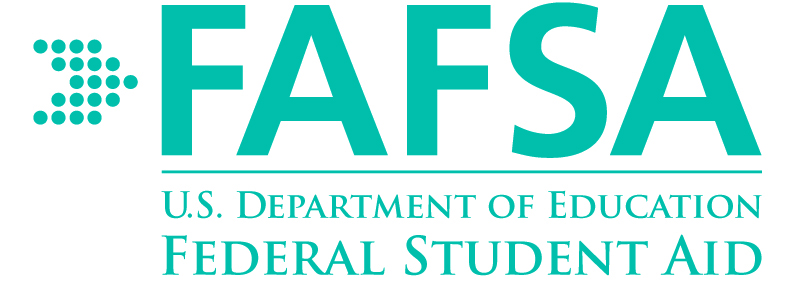Don't Forget: Complete Your FAFSA as Soon as Possible
 If you haven’t already done so, it’s time to complete a Federal Application for Student Aid (FAFSA). You can find the application on the government-sponsored website.
If you haven’t already done so, it’s time to complete a Federal Application for Student Aid (FAFSA). You can find the application on the government-sponsored website.
The FAFSA is used to help determine a student’s eligibility for student financial aid, including student loans, work-study programs, Pell grants, certain scholarships and institutional aid. Simply put, it is essential for any student, and especially for high-achieving, low-income students.
Several factors are used in determining student aid including the size of the household and the number of students in that household in college as well as household income and assets. Race, religion, sexual orientation and other demographic factors are not considered. Importantly, the FAFSA cannot hurt you—you won’t be denied admission because you filled one out. It will only increase your chances for financial aid.
Eligibility for federal student aid does not carry over from one award year to the next, so if you are applying to a school for the first time, transferring, or currently enrolled and continuing your studies next year, you must complete a new FAFSA.
Deadlines vary according to state and even individual schools, so do it as soon as possible. It typically takes less than an hour to actually complete, but you may need much more time to gather the necessary information, so start early! For more on what information to prepare, check out our top five things to know about FAFSA.
You will receive a Student Aid Report (SAR) via email within 3-5 days of submitting your FAFSA, which summarizes the information you submitted and your eligibility for aid. Submitting a paper application will delay this by weeks, so we recommend filling out the FAFSA online.
Some colleges and universities also require students to fill out a College Scholarship Service (CSS) profile, which is available from the College Board. This is intended to supplement the FAFSA so an individual school can get a more complete picture for awarding institutional aid. Be sure to contact the schools you’re interested in to see if this is necessary; however, we recommend you simply complete one anyway at the same time you complete your FAFSA.
Be honest on all materials as providing fraudulent information for financial aid is illegal and can have severe consequences.
For more information take a look at these tips from the U.S. Department of Education. To answer questions pertaining to requirements, eligibility, and managing student loans, visit our blog.
You may also want to check out this recent article from Time Magazine: “7 Legal Ways to Squeeze More College Aid From the FAFSA.”